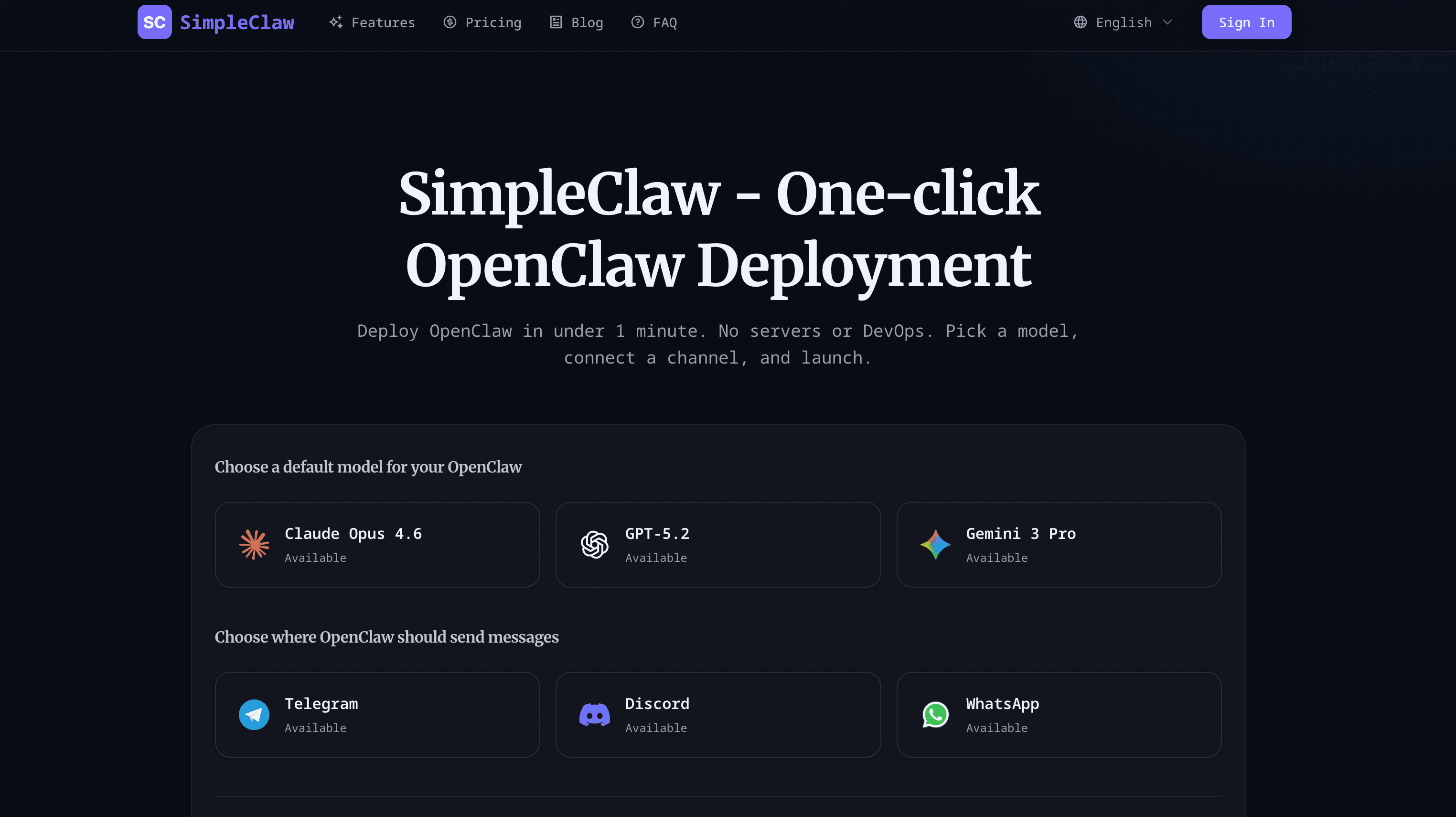Lucia Auth vs. Auth.js
Lucia Auth
Lucia is an open source auth library that abstracts away the complexity of handling sessions. It works with any JS runtime - Node.js, Bun, Deno, Cloudflare Workers. It's also fully typed. It integrates with MongoDB. PostgreSQL, MySQL, SQLite, and with their respective ORMs and query builders.
Auth.js
Formerly known as NextAuth. It's is an open-source authentication library originally built for NextJS. Auth.js is free to use and comes with over 80 integrations for various third-party identity providers such as Google, Facebook, Auth0, Apple etc. You can use it with your own database if you choose to. It works with MySQL, Postgres, MSSQL and MongoDB. Auth.js is compatible with Next.js, SvelteKit and SolidStart as of March 2024.
Reviews
Reviews
| Item | Votes | Upvote |
|---|---|---|
| Open source | 1 | |
| Fully typed | 1 | |
| Work with any JS runtime | 1 |
| Item | Votes | Upvote |
|---|---|---|
| No cons yet, would you like to add one? | ||
| Item | Votes | Upvote |
|---|---|---|
| No pros yet, would you like to add one? | ||
| Item | Votes | Upvote |
|---|---|---|
| No cons yet, would you like to add one? | ||
Frequently Asked Questions
Lucia Auth is designed to work with any JavaScript runtime, including Node.js, Bun, Deno, and Cloudflare Workers. Auth.js, on the other hand, is primarily built for NextJS but is also compatible with Next.js, SvelteKit, and SolidStart. If your primary requirement is broad JavaScript runtime compatibility, Lucia Auth might be the better choice.
Auth.js offers over 80 integrations for various third-party identity providers such as Google, Facebook, Auth0, and Apple. Lucia Auth focuses more on being a flexible, open-source auth library that works with multiple JS runtimes and databases but does not emphasize third-party identity provider integrations. Therefore, if integration with third-party identity providers is crucial for your application, Auth.js would be the better option.
Both Lucia Auth and Auth.js offer robust database compatibility. Lucia Auth integrates with MongoDB, PostgreSQL, MySQL, SQLite, and their respective ORMs and query builders. Auth.js works with MySQL, Postgres, MSSQL, and MongoDB. Both are quite versatile in terms of database support, so the choice may come down to other factors such as runtime compatibility or third-party integrations.
Lucia Auth offers a fully typed experience and abstracts away the complexity of handling sessions, which can be a significant advantage for developers looking for type safety and simplicity. Auth.js is also developer-friendly but focuses on providing extensive third-party identity provider integrations and compatibility with frameworks like Next.js, SvelteKit, and SolidStart. The better developer experience will depend on what specific features and integrations are most important to your project.
Lucia Auth is an open-source authentication library designed to simplify session management. It supports various JavaScript runtimes, including Node.js, Bun, Deno, and Cloudflare Workers, and is fully typed. The library integrates with databases such as MongoDB, PostgreSQL, MySQL, and SQLite, as well as their respective ORMs and query builders.
Pros of using Lucia Auth include being open source, fully typed, and its compatibility with any JavaScript runtime. As of now, there are no user-generated cons listed for Lucia Auth.
Auth.js, formerly known as NextAuth, is an open-source authentication library originally built for NextJS. It is free to use and offers over 80 integrations for various third-party identity providers such as Google, Facebook, Auth0, and Apple. Auth.js can also be used with your own database, supporting MySQL, Postgres, MSSQL, and MongoDB.
As of March 2024, Auth.js is compatible with Next.js, SvelteKit, and SolidStart.
Yes, you can use Auth.js with your own database. It supports MySQL, Postgres, MSSQL, and MongoDB.
Auth.js offers a variety of features including over 80 integrations with third-party identity providers like Google, Facebook, Auth0, and Apple. It is also compatible with multiple platforms such as Next.js, SvelteKit, and SolidStart, and supports various databases including MySQL, Postgres, MSSQL, and MongoDB.




















